Most of the world heard “My Dear Companion” when it was featured on the 1987 Trio album released by superstars Dolly Parton, Linda Ronstadt and Emmylou Harris, with songwriting credits going to Kentucky balladeer Jean Ritchie.
That creation story for the song is accurate, as far as it goes. Ritchie wrote her tune in 1963, and 10 years later it was among the first things The Flood played when the band started coming together.
The Kentucky Connection
Older members of the band often talked about being at folk festivals — like those at Kentucky’s Grayson Lake and Carter Caves state parks — at which Jean Ritchie was the star attraction.
In fact, some of us remember sitting with Nancy McClellan at the festivals — or in her living room in Ashland — listening to Jean tell stories of her early days when as a young girl she made her way from Viper, Ky., to New York City in the 1950s when the folk music boom was just beginning.
The Song’s Pre-Jean History
But the roots of “Dear Companion” go deeper than 1963. Jean never made any secret of the fact that she patterned her piece after a traditional song that English folklorist Cecil Sharp collected in early 20th century America.
Sharp later recounted how he collected the song in1916 from Rosie Hensley of Carmen, NC. The following year Sharp moved on to Kentucky to collect more songs, many of them from Jean Ritchie’s aunts and cousins.
In 1956, Jean herself recorded that original song, which opens with the lines:
I once did have a dear companion,
Indeed I thought his love my own,
Until a dark-eyed girl betrayed me
And then he cared no more for me…
A quick aside: In the 1970s, Flood co-founder Roger Samples recalled his mother, Velva Kennedy Samples, back home in Clendenin, WV, singing that same song.
This was long before Ritchie copyrighted her composition. Quite likely, Velva was singing some version of the original Cecil Sharp find.
Meanwhile, that traditional version also was sung by Peggy Seeger, who recalled learning it in 1960 at a Canadian club from fellow folkie Bonnie Dobson, who recorded it in 1963. Dobson’s version used a haunting Bob Coltman melody.
Today if you YouTube the Dobson recording, you can hear the homage that Jean Ritchie pays to that Coltman tune when she crafts her own melody. (We think Jean’s is imminently more hum-able, though, so it’s little wonder hers is pretty much the only version anyone knows nowadays.)
Our Take on the Tune
What makes Ritchie’s rendition special — besides her lovely melody — is her wonderful re-crafting of the lyrics. Like the original, Jean’s song is nominally about abandoned love, but then she goes far beyond that to a larger theme of loss in general.
And it’s because of those deeper expressions — with lines like, I wish I was a sparrow flying / I'd fly to some high and lonesome place / And join those little birds in their crying, / Remembering you and your dear face — that we in The Flood have often thought of this song in times of our darkest grief.
For instance, when our old friend Harvey McClellan died in the fall of 2004, the Bowens traveled with Nancy to Harvey’s Henderson, Ky., birthplace, where Charlie sang the song at the burial. Nine years later, at Nancy McClellan’s own funeral, Charlie, with bandmates Randy Hamilton and Michelle Hoge, sang the same song at her graveside.
So, it was only natural for us recently to think of the song again at the first rehearsal after the death of our own dear companion, Doug Chaffin, last month. He absolutely loved playing that song. So, here’s to you, Doug.
On the Album
Speaking of Doug, you can hear him soloing and playing soulful, tasteful fills behind the solos of Joe, Dave and Sam on “My Dear Companion” on The Flood’s 2013 Cleanup & Recovery album.
These days the entire album can be heard online on our free Radio Floodango music streaming service. Click here to reach the disc.




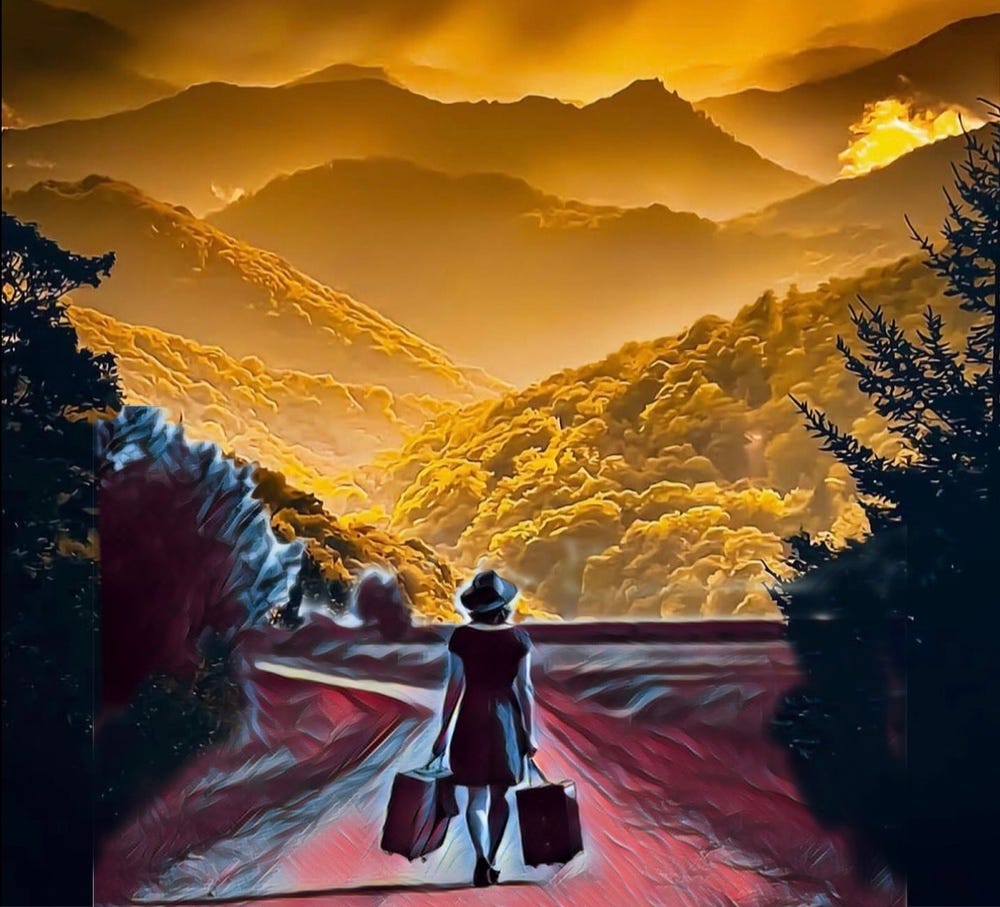

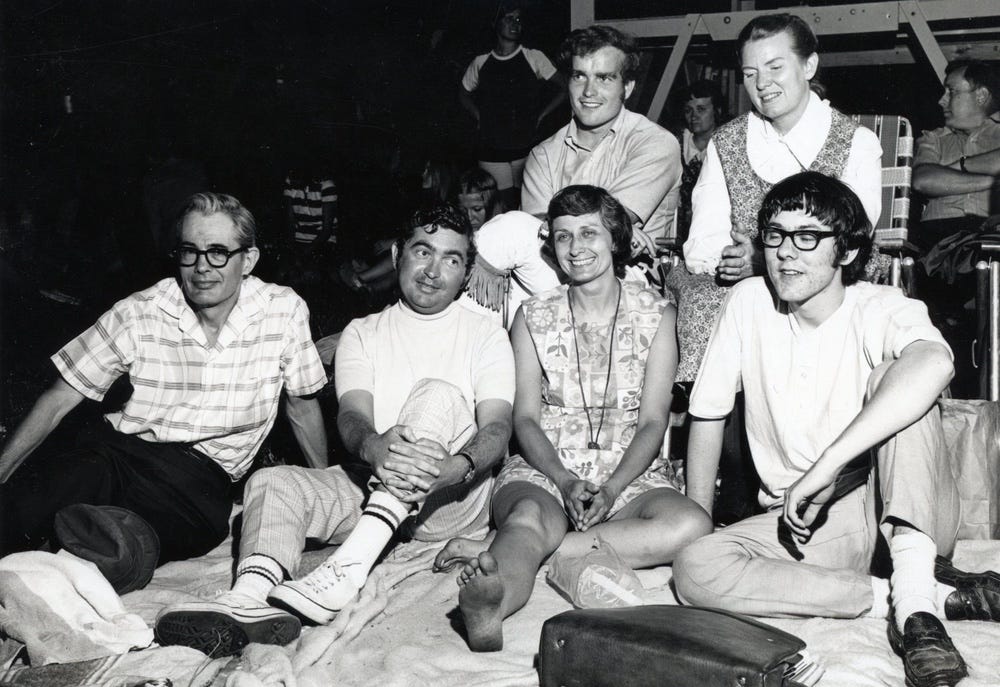

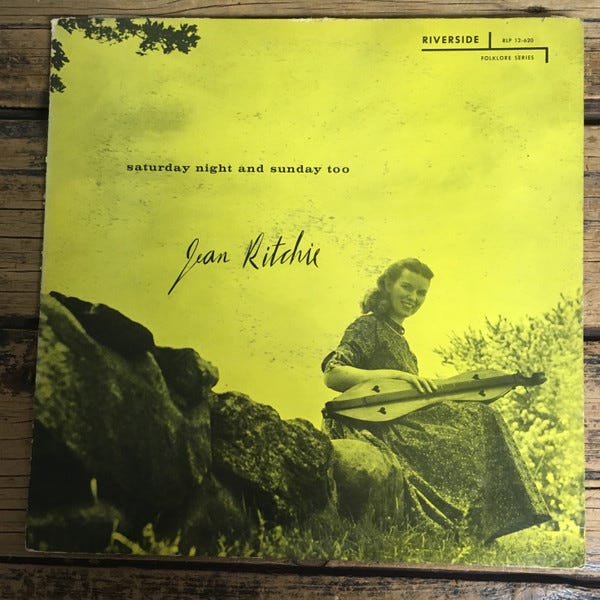
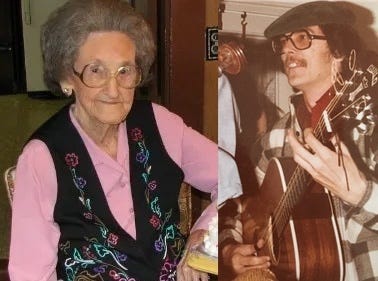
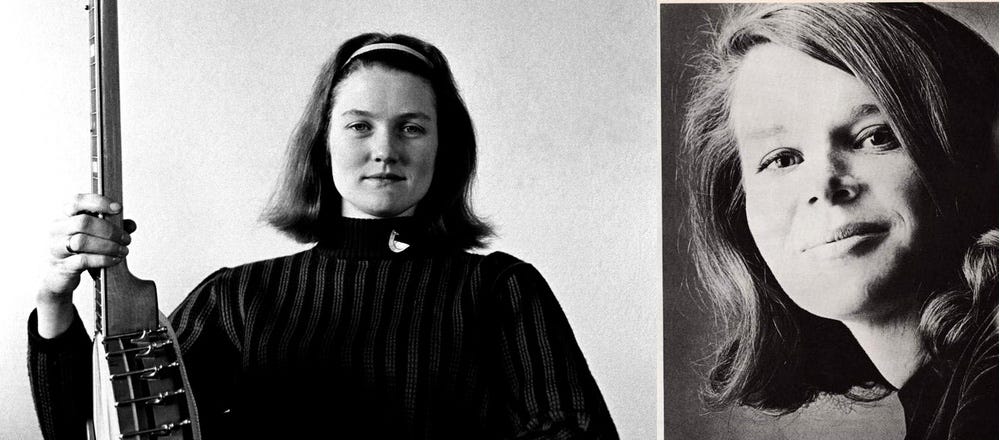

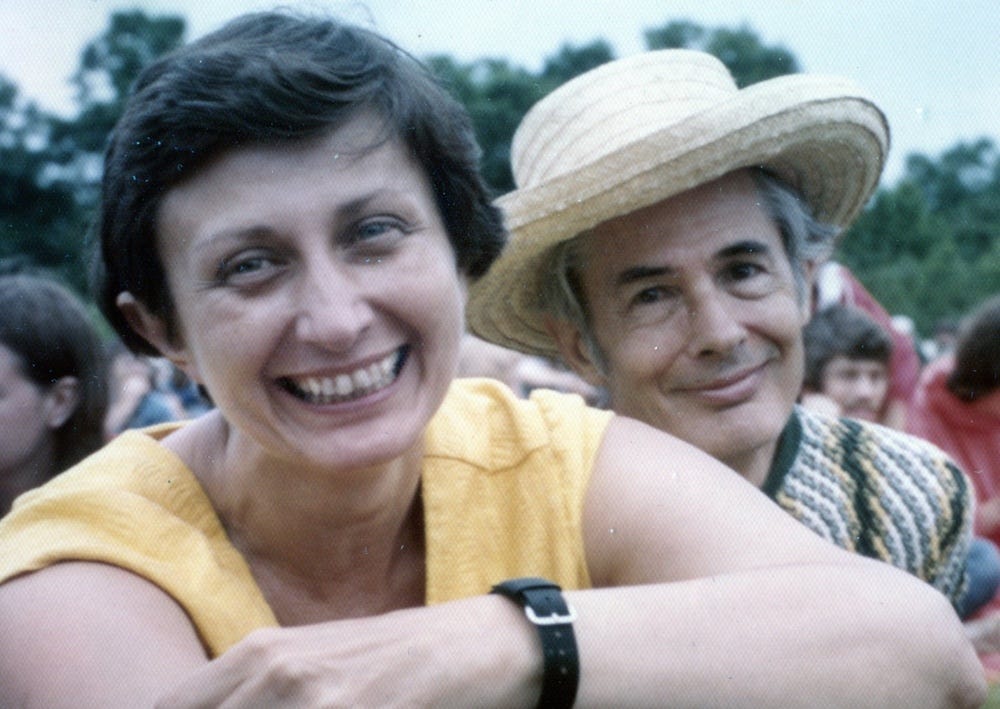
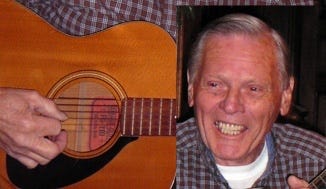
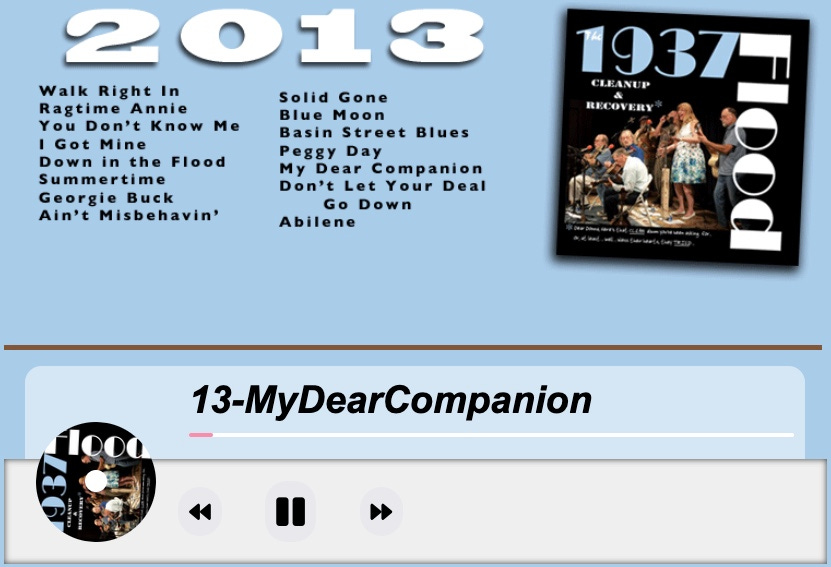







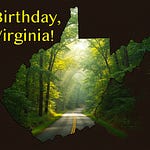
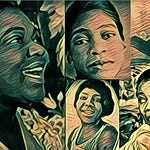
Share this post